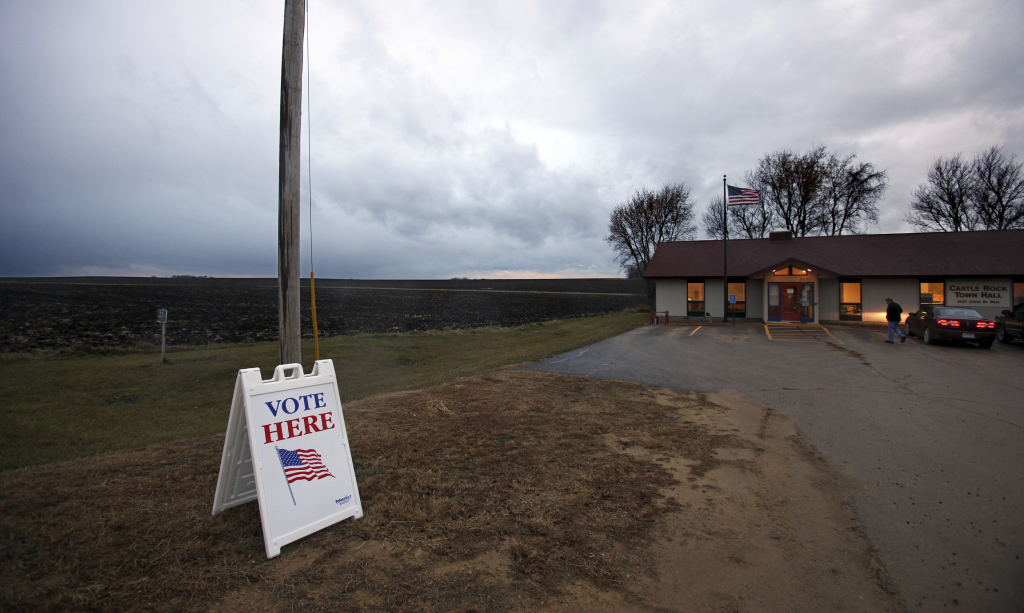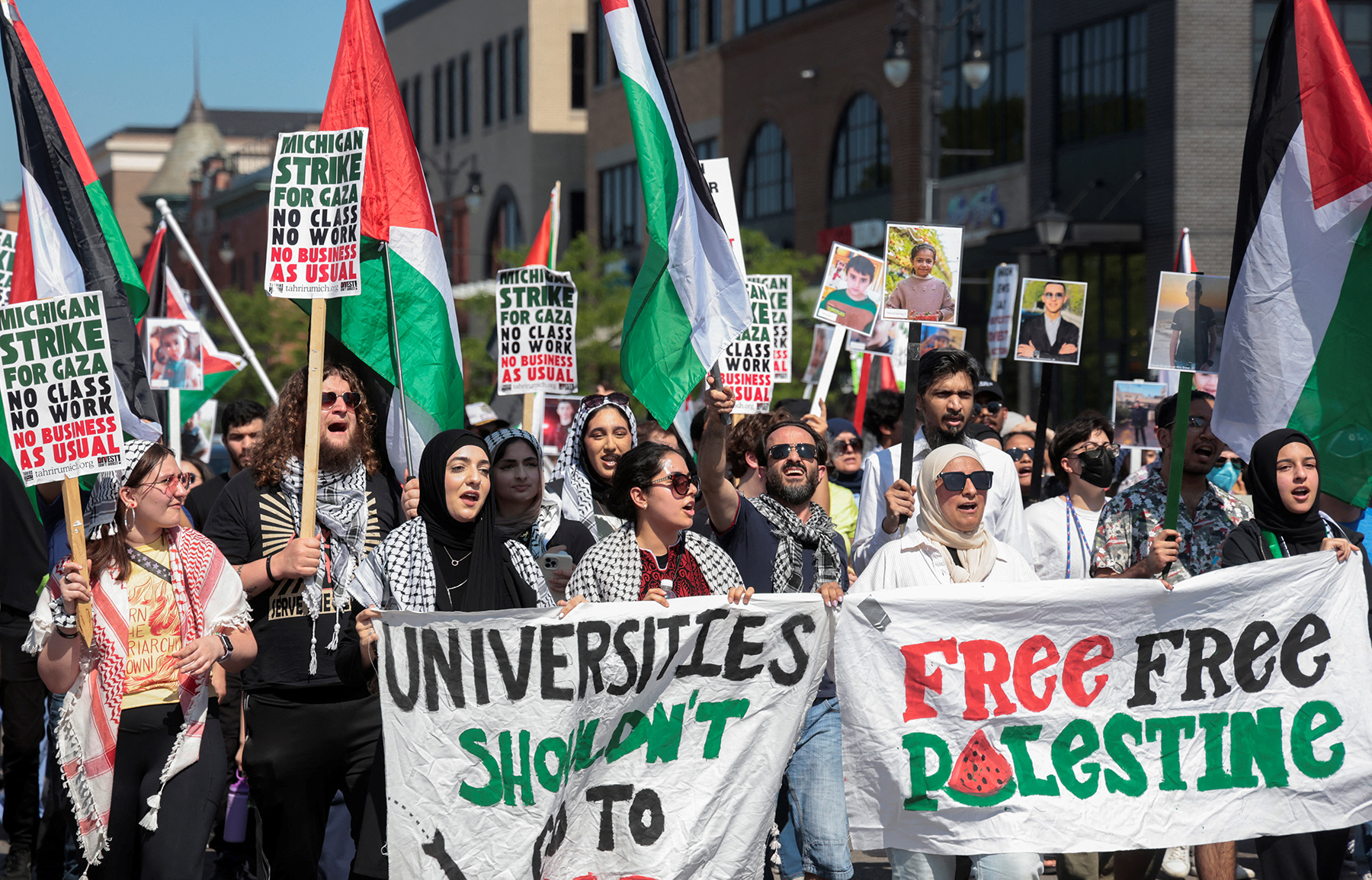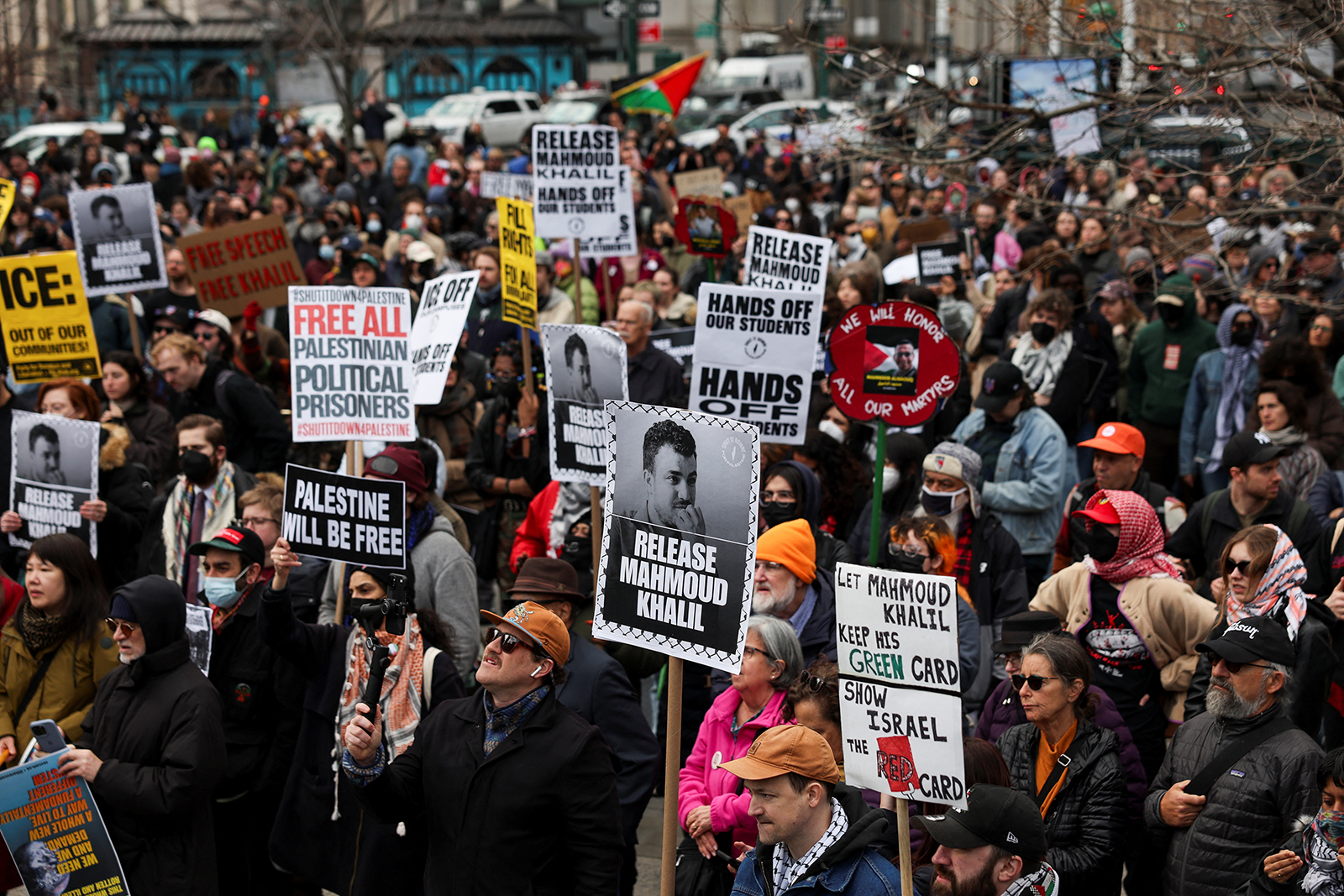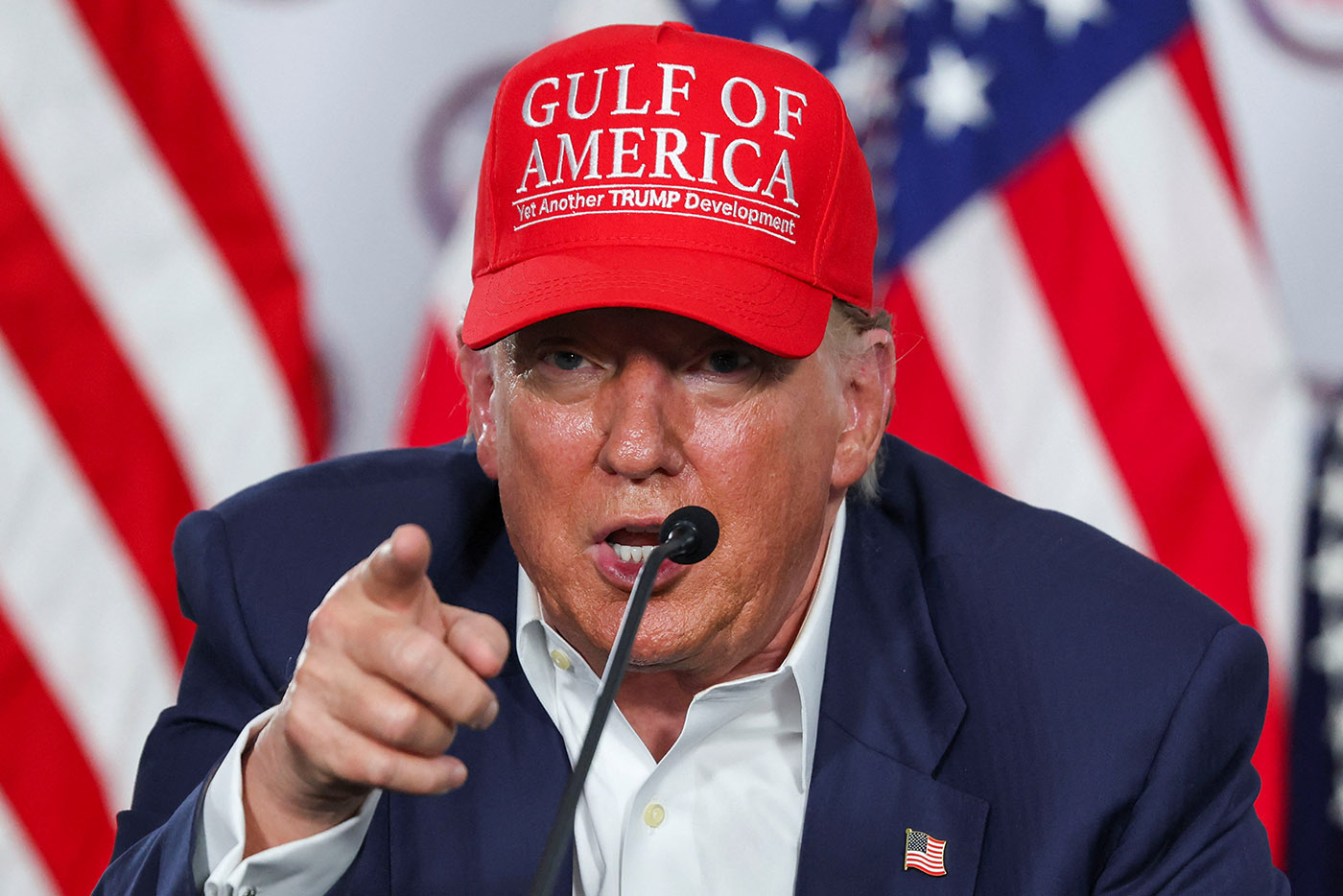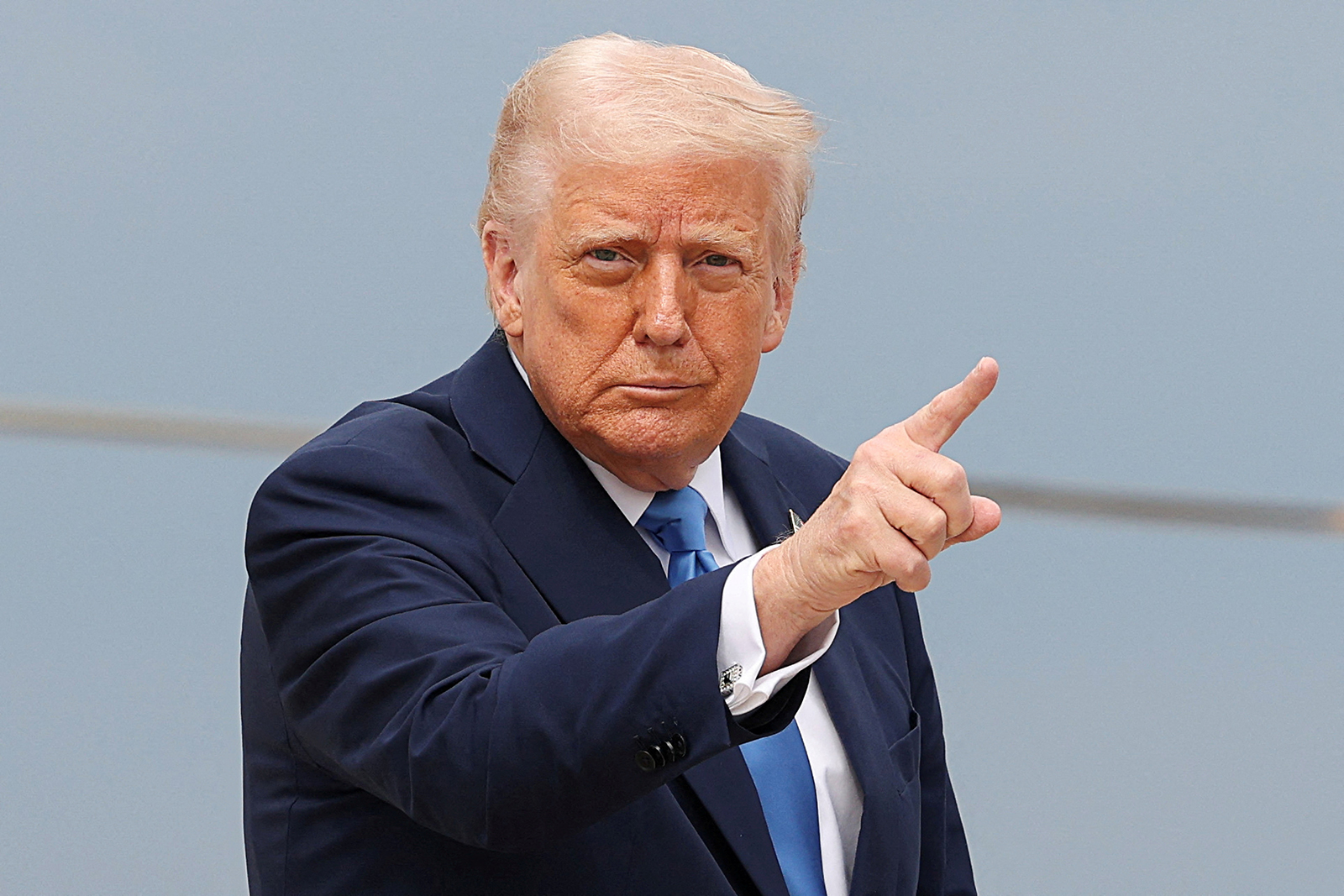The Supreme Court struck down a Minnesota statute that restricted what voters can wear to the polls on election day.
Under Minnesota’s law, voters may not wear “issue-oriented material” and “material promoting a group with recognizable political views,” such as buttons or badges.
The justices held that the limits on polling place attire are generally constitutional, but the Minnesota law was too broad and vague about what phrases and slogans qualify as political, leaving it up to polling officials to decide.
Chief Justice John Roberts wrote in the decision that if a state wants to set make its polling place “free of partisan discord” it must be more discernible than what the Minnesota rules state.
He noted that many organizations, businesses, or associations have taken positions on matters of public concern that may conflict or align with those of candidates on the ballot, but questioned whether their logos on attire be banned.
Justice Sonia Sotomayor dissented, along with Justice Stephen Breyer and said the word “political” is not inherently incapable of definition, and wants to leave it up to the Minnesota top court to clarify the statute. She notes that the Court elsewhere has been able to define the meaning in the context of the First Amendment.
Andrew Cilek, a political activist who went to the polls wearing a t-shirt a Tea Party t-shirt back in 2010, brought the lawsuit. Although initially denied the right to vote, officials later allowed him to cast a ballot but warned him he may be subject to legal action.
NBC News> Politico> USA Today> Supreme Court Decision>
Tags
